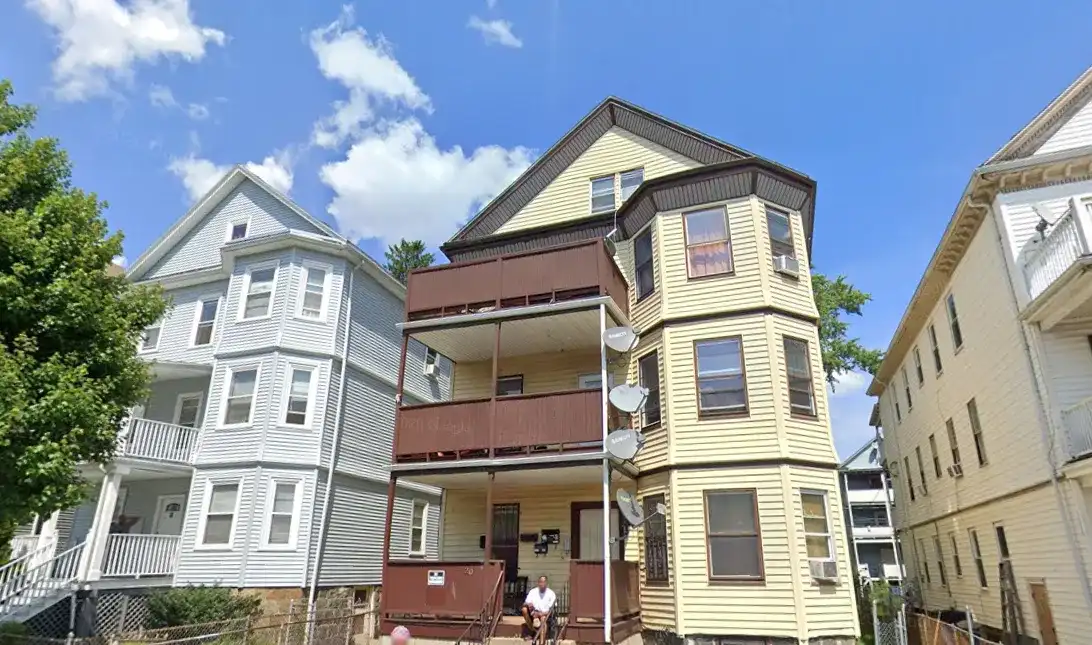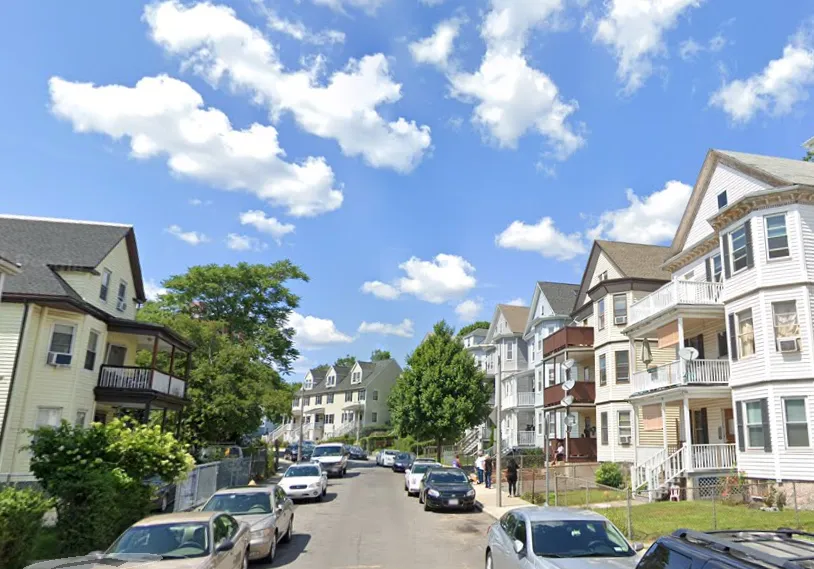
By taking proactive steps, individuals can maintain a healthier environment conducive to sustained recovery. Learn how to help an addicted parent with compassion, boundaries, and self-care for a healthier family dynamic. Discover how pets and rehab can transform lives through the healing types of relapse triggers power of animal therapy in recovery. Discover 5 reasons you should go to rehab and embrace change for a healthier, happier life. Learn tips for choosing the right rehab to help you succeed in recovery and find lasting support.
Chronic Physical Health Conditions

For example, celebrating these milestones may provide a tempting excuse to give into old habits. Like eating well, the amount and quality of sleep you get can have profound impacts on your recovery. Creating a good sleep environment, setting limits on your tech use before bed, and establishing a nightly routine that promotes relaxation and rest can help you get the sleep you need. If Drug rehabilitation you can find alternative routes to your next destination, try to map out your drive. Call 24/7 to have a discussion with one of our treatment professionals the call is completely free. Admission Line and explanation of convenient private phone and free prescreening.
Deep Breathing, Exercise, Mindfulness
- Moreover, unresolved trauma from the past often resurfaces during the recovery process, leading to emotional distress.
- Therefore, if you’re in a drug and alcohol recovery stage, this environment can inspire you to feel celebratory and want to participate.
- You might think that just one drink with friends will be alright, but this could result in a full relapse.
- Internal triggers can be more difficult to identify as they are feelings that are often complex.
- In addition to self-awareness and support, seeking professional help, like therapy or counseling from experts at Lantana, can also be beneficial in managing triggers and maintaining sobriety.
- These behaviors can make the individuals feel alienated and push them toward substance use.
They often involve people with whom you engaged in alcohol and drug addiction or places where it occurred. Read on to learn more about common triggers, where they come from, and healthy ways to deal with them. During therapy for people experiencing emotional relapse, patients are encouraged to identify their denial and focus on self-care. In rats and humans, the hormone corticosterone increases the level of dopamine, a brain chemical that plays a major role in reward-seeking behavior, in the brain in response to stress.

Road to Recovery: 8 Signs of Prescription Painkiller Addiction in Loved Ones
- Tailoring these techniques to suit your individual needs and preferences is key to their effectiveness.
- Relapse is most common in the early stages of sobriety, and this is when relapse prevention is the most important.
- It is crucial to remember that everyone’s triggers may vary, and personalized strategies play a vital role in achieving long-term success.
- But if you embrace an identity that aligns with your goals—like “I’m someone who values health and growth”—you’ll take actions that reflect this identity.
Taking over responsibilities at home and losing a job or a loved one can also take tolls =https://ecosoberhouse.com/ on your mental health. Friends who express harsh or judgmental attitudes toward past substance use can bring up feelings of shame and loss of self-esteem. It may seem obvious to point out that drug and alcohol cravings can trigger a relapse, but it is worth discussing so that you can develop a plan for dealing with these triggers. Below are some common internal and external triggers that you may face after leaving a recovery center. It is important to note that these are not all the possible triggers you could face. But external triggers can become internal triggers if they bring up experiences you haven’t processed.
- Resources like five herbs to aid in the recovery process and ways yoga helps with recovery can further contribute to a balanced recovery strategy.
- Internal triggers can include emotional responses such as anger or loneliness, while external triggers may involve particular people, places, or objects linked to past substance use.
- The demands and pressures of daily life can become overwhelming, making it tempting to turn to substances as a way to cope.
- Meeting old friends may cause you to reminisce about old times, romanticizing alcohol or drug addiction.
It is common for people who struggle with addiction to relapse at least once during recovery. Some people fall off the wagon several times before getting sober for the last time. In fact, despite the existence of FDA-approved treatments for nicotine, alcohol, and opioid addiction, more than two-thirds of individuals will relapse after initiating treatment. Those in recovery need to learn that feeling uncomfortable is not a state that needs remediation.
- Contact a healthcare professional if you or someone you know suffers from a substance use disorder.
- Some examples of high-risk situations include being around substances, such as parties, bars, or environments where drugs or alcohol are accessible.
- Discover how Powerball can lead to gambling addiction and learn to guard your finances against its effects.
- Alcohol is particularly difficult because so many people view drinking as normal, and it can crop up in unexpected places like office parties or even a neighborhood potluck.
Living Up to Your Full Potential
Understanding the triggers for relapse is essential in addiction recovery. The four main triggers for relapse in recovery can significantly impact an individual’s journey. These triggers include stress and craving, negative emotions and coping mechanisms, and environmental cues.

Avoiding Re-exposure to Drug Environments

While they are meant to be a reason to gather and celebrate, those in recovery must expend extra energy to ensure they are coping well with gatherings that involve social drinking, for example. Some people have to deal with friends or family members who don’t understand that “just one” or “just for tonight” are damaging and enabling statements that can trigger a relapse. The researchers concluded that avoiding people, places and objects that recall former substance abuse is crucial to maintaining recovery.